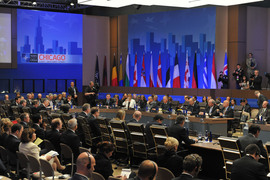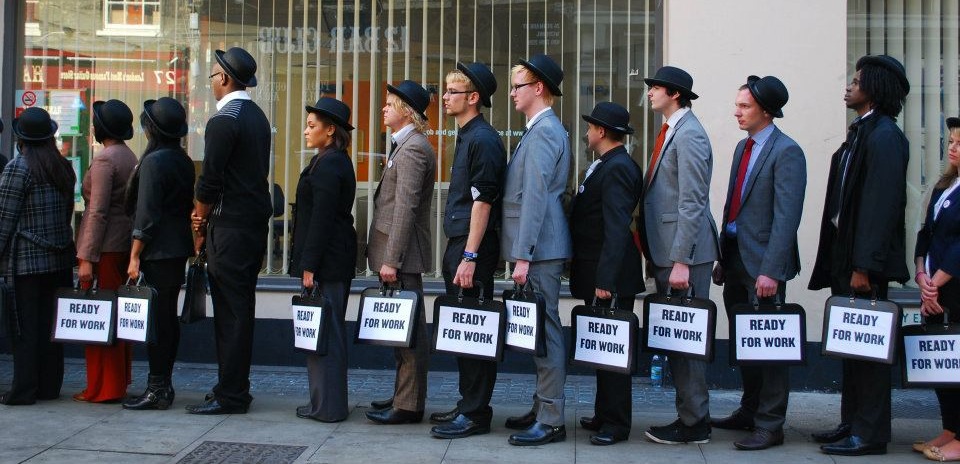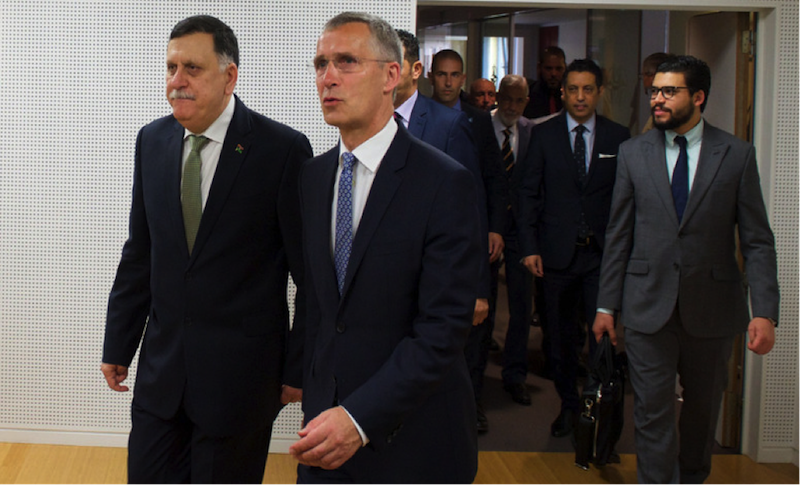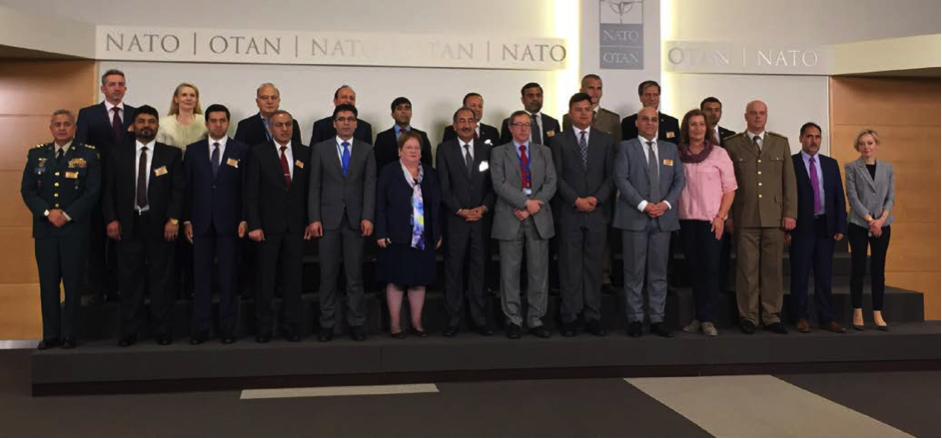Over the last two decades, religion and multiculturalism in the West have been increasingly debated topics in the West. Recently there has been a debate on religion in Canada spurred by the province of Quebec over the wearing of religious symbols in public spaces. With details of the proposed Charter of Quebec Values now released, a ban on wearing religious symbols in the workplace, which would make it illegal to wear crosses, hijabs, and turbans, amongst other symbols seems to be in the offering. The discussion over this proposed piece of legislation has sparked a fierce debate over multiculturalism and its boundaries in Canada.
A Contentious Issue
Nevertheless, debates like this over religion and multiculturalism, although less frequent in Canada, are debates that have festered for years in Europe. For example, in 2004, the French government imposed a ban on Islamic headscarves in state schools, and a ban on full-face coverings (burkas and niqabs) in public places, in an effort to reaffirm France’s commitment to a secular state. France however, is not alone, as many European countries have held a multiculturalism debate. The rise of nationalist parties has been a common trend among European countries. The increased popularity of parties such as the British National Party in the United Kingdom and the Danish People’s Party in Denmark amongst others, signifies that many in Europe, both in the general public and in the political sphere, are reacting to what some perceive as the failure of multiculturalism in their societies. This, combined with issues such as increased migration and measures taken to curb it, have led to what multiculturalism scholar Will Kymlicka describes as the “rise and fall of multiculturalism” in Europe and North America. For lack of a better way to put it, many Western societies are witnessing an internal clash of civilizations.
Although many of the issues surrounding religion and multiculturalism focus on immigrant groups within Western societies, the multiculturalism debate has been merged with domestic and international security debates. In his paper, “Multiculturalism: Success, Failure, and the Future”, Kymlicka describes the “securitization” of ethnic relations, as certain minorities are perceived as security threats. This is particularly evident with regards to Arab/Muslim people in the post-9/11 world, as many countries have adopted discriminatory measures in an attempt to protect themselves against potential terrorist attacks.
Shielded from Debate
Although it has been argued that religious prejudice has prevented nations like Turkey from gaining accession to the European Union, similar prejudices do not seem to plague NATO. Despite its emphasis on international security, NATO has not been harmed internally by the debate over religion and cultural affiliation. This is despite the fact that some have argued that NATO is hostile to Muslim countries, due to NATO’s presence in Afghanistan, the US- and UK- led invasion of Iraq, and the intervention in Libya.
This is particularly evident when analyzing NATO expansion, where religion has played an almost non-existent role. Not only has Turkey, a Muslim nation, been a NATO member since 1952, but NATO has also opened its doors to other predominantly Muslim European nations, such as Albania. In addition, Bosnia and Herzegovina, a country with a Muslim plurality, has also been invited to participate in NATO’s Membership Action Plan. In fact, many of the aforementioned countries have already achieved or are closer to achieving NATO membership than EU accession, proving that religious affiliation or “civilization” plays a lesser role in determining whether a country is able become a full NATO member.
Regardless of religion or cultural similarities, NATO has stood by its claim that European countries will be admitted as long as they fulfill the accession criteria outlined in the 1995 Study on Enlargement, which includes criteria such as a functioning democratic political system, fair treatment of minority populations, and willingness to make contributions to NATO, amongst other things. In fact, in his report entitled “EU and NATO Enlargement Puzzles”, Ivan Katchanovski argues that level of democracy was the biggest determinant of NATO membership and there was no significant difference between predominantly Christian or Muslim post-communist nations in their NATO accession.
Despite the multicultural debates happening at the domestic level, NATO has seemingly prospered and avoided many of these discussions by functioning as a security organization rather than a social or cultural organization. Although NATO claims that the enlargement process aims at promoting common values, these common values are centered around peace, security, and democracy, rather than religious or cultural ones. This has allowed NATO to enlarge its area of peace, security and stability and avoid the discussions plaguing other organizations such as the EU.




